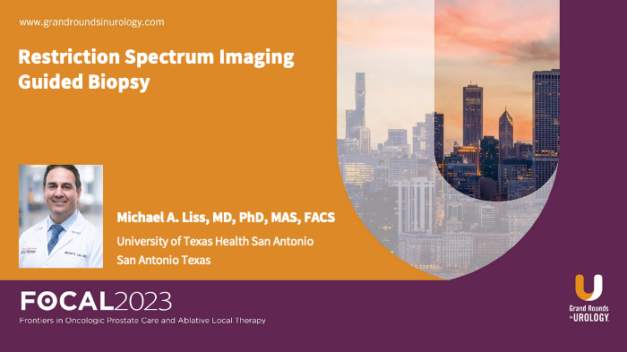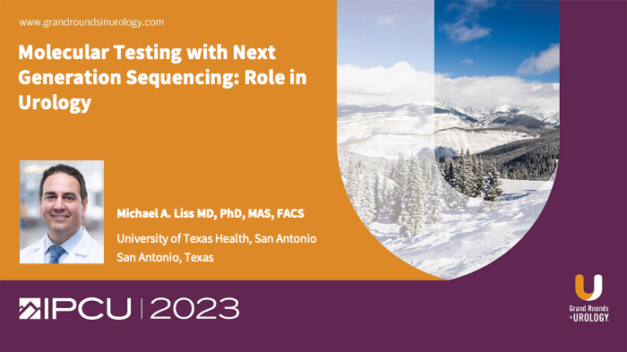The Microbiome and Prostate Cancer
Michael A. Liss, MD, PhD, MAS, FACS explores the relationship between various microbiomes and prostate cancer diagnosis and treatment. He begins with a brief summary of the history of microbes in medicine and the role of various microbiomes in the human body.
Dr. Liss then explores the relationships between the genitourinary microbiome, the gut microbiome, the prostate microbiome, and prostate cancer. He notes the direct relationship between the genitourinary and prostate microbiomes and prostate cancer, focusing on the interactions of specific microbes with prostate tissue and their potential predictive value in determining prostate cancer prognosis.
Dr. Liss concludes with an overview of the indirect relationship between the microbiome of the gut and prostate cancer. He focuses on the deleterious interactions of specific gut microbes on prostate cancer treatments like ADT and the potential use of certain gut microbes in combating urologic cancers.
Read More


